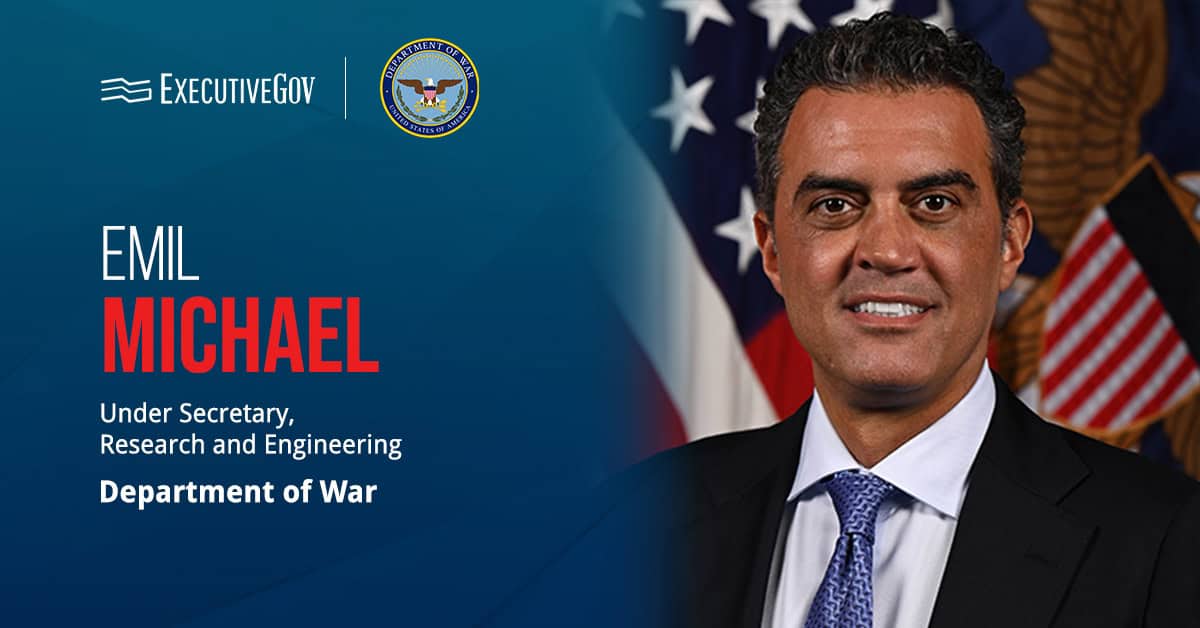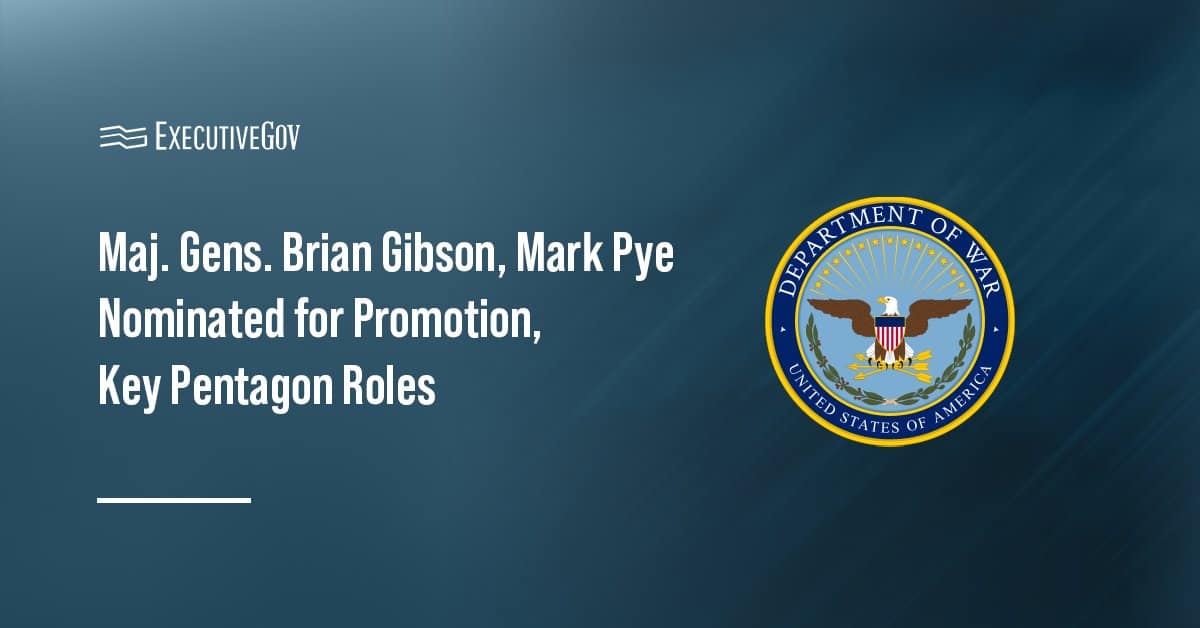Jinyoung Englund, most recently acting director of Defense Digital Service within the Chief Data and Artificial Intelligence Office of the Department of Defense, has transitioned to the role of chief strategy officer for algorithmic warfare within CDAO.
She spent more than three years at DDS, where she started as a digital service expert before being appointed chief of staff and interim principal director.
Prior to DDS, Englund served for two years as a liaison officer at the FBI’s National Cyber Investigative Joint Task Force.
Jennifer Hay, a visiting fellow with the National Security Institute, took over Englund’s responsibilities at DDS by assuming the director position on a permanent basis. She is former head of global government relations at DataRobot who joined DDS in January as principal deputy.





